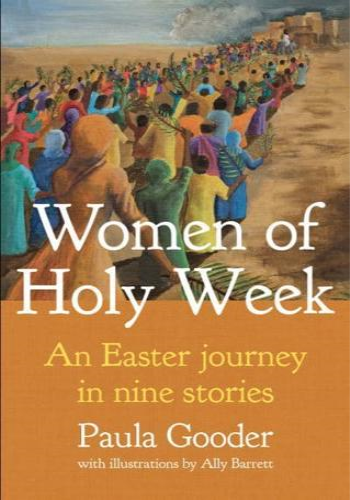Chapter 1: Introduction
Brother Lawrence, a 17th-century French monk, teaches the practice of living in the presence of God through simple acts of devotion and remembrance. He emphasizes that this practice is accessible to all, regardless of their occupation or circumstances.
Example: Brother Lawrence found great joy in peeling potatoes while working in the monastery kitchen. He saw this as an opportunity to praise God through his work.
Chapter 2: The Foundation of the Practice
The practice of the presence of God is founded on the belief that God is everywhere and is always present with us. Lawrence encourages us to cultivate a continual awareness of this presence.
Example: Lawrence would often remind himself of God's presence by saying, "My God, Thou art here."
Chapter 3: The Benefits of the Practice
Lawrence describes the numerous benefits of living in the presence of God, including inner peace, a deeper connection with God, and a transformation of daily life.
Example: Lawrence experienced a sense of joy and contentment in all he did, even in the most mundane tasks.
Chapter 4: The Path to the Practice
Lawrence offers practical guidance on how to cultivate the practice of the presence of God. He emphasizes the importance of prayer, meditation, and the cultivation of a humble and obedient heart.
Example: Lawrence would set aside specific times for prayer and meditation, but he also practiced remembering God throughout the day.
Chapter 5: Overcoming Obstacles
Lawrence acknowledges that it can be challenging to maintain a continuous awareness of God's presence. He offers advice on overcoming distractions, doubts, and other obstacles.
Example: When faced with distractions, Lawrence would gently redirect his attention back to God.
Chapter 6: The Practice in Daily Life
Lawrence encourages us to integrate the practice of the presence of God into every aspect of our daily lives, from work to leisure activities. He teaches that we can find God in all things.
Example: Lawrence found joy in conversations with others, seeing them as opportunities to share the love of God.
Chapter 7: The Practice in Difficult Times
Lawrence emphasizes that the practice of the presence of God is especially beneficial during difficult times. He believes that God provides comfort and strength when we turn to him in our trials.
Example: When faced with physical or emotional suffering, Lawrence would seek solace in God's presence.
Chapter 8: The Practice in the Final Hours
Lawrence teaches that the practice of the presence of God can prepare us for our final hours on earth. He encourages us to embrace death with peace and trust in the Lord.
Example: Lawrence's final words, "We must leave this world," were spoken with a sense of calm and acceptance.







